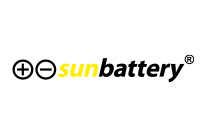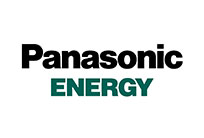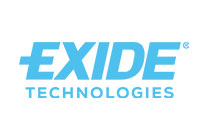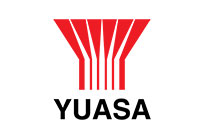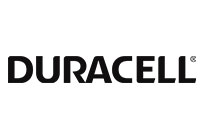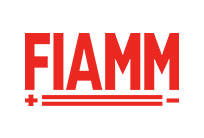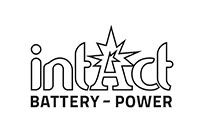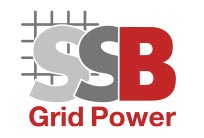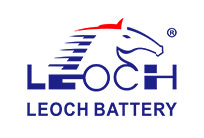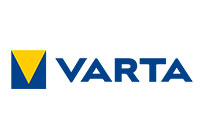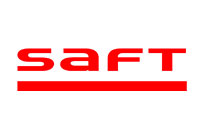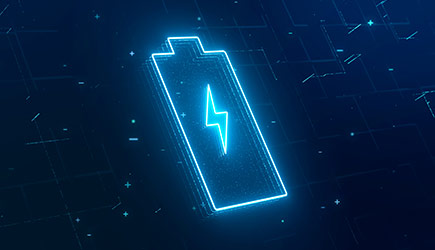
The new thin-film solid-state battery from BTRY in the fast lane
Environmentally friendly in production, short charging times, temperature-resistant and particularly long-lasting - these are the main characteristics that one would attribute to the ideal battery. And this is exactly what Swiss researchers Abdessalem Aribia and Moritz Futscher from the start-up BTRY, a spin-off of the Swiss Federal Laboratories for Materials Science and Technology (Empa), have been working hard on over the past few weeks. Financing has now also been secured since January 2024: High-Tech Gründerfonds from Bonn (HTGF) and Zürcher Kantonbank have provided the team with around €950,000 for the development of the first product generation. Innosuisse and other initiatives have also long recognized the product's high potential and supported its development. The course has been set.
Short charging times and long shelf life
The advantages of the new thin-film solid-state batteries start with the environmentally friendly manufacturing process, which does not use any toxic solvents. In addition, unlike lithium-ion batteries, the battery is not a hazardous material as it is non-flammable. It also scores highly in terms of longevity, lasting up to 10 times as long as a conventional lithium-ion battery. It also has extremely fast charging and discharging times of just one minute and is insensitive to temperature fluctuations. However, such promising properties also entail high production costs, mainly due to the environmentally friendly production process. For this reason, the battery will initially be used in areas of application in which the price of the battery does not make up too large a proportion of the total cost of the product. So far, this has mainly concerned consumer electronics devices such as drones, robots, satellites and smartphones.
The manufacturing process for thin-film solid-state batteries is not new; they have been developed since the 1980s. They are produced using vacuum coating, a method already known from the production of semiconductor chips and glass coatings. This know-how also offered BTRY the advantage of being able to draw on existing knowledge and infrastructure for the development of its battery.
The major drawback of thin-film batteries to date has been their low energy storage capacity. But this is precisely where the decisive solution has been found: Founders Futscher and Aribia have succeeded in stacking the thin-film cells, which are only a few micrometers thick, into more powerful batteries. Their process uses extremely precise vacuum coating, which does not require any toxic solvents. To demonstrate the scalability of the technology, work is continuing on the surface area and number of layers to make the new type of battery fit for the future.
The start-up plans to deliver the first generation of its product to customers and then gather their feedback. On this basis, the batteries will be continuously improved and adapted to the needs of the target group.
Sources: pv-magazine, Ralph Diermann, 18.01.2024
elektroniknet, Kathrin Veigel, 08.09.2023
Image: Black-Kira on Shutterstock

